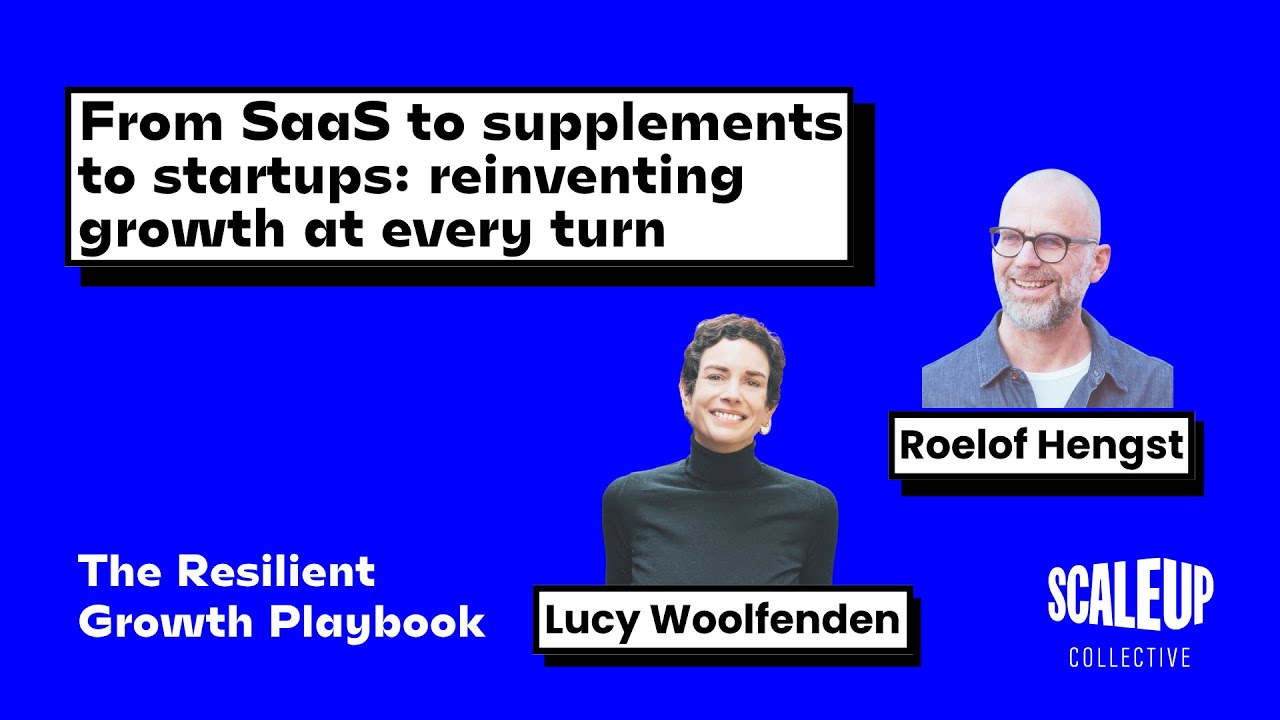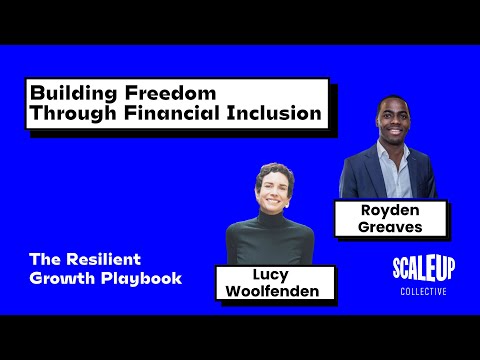Meta’s brand strategy: the rebrand breakdown

Facebook is undoubtedly one of the most recognisable tech companies in the 21st century and beyond since its inception in 2004. Being one of the first big players to scale and monetise the platform economy, Facebook’s recent rebrand to Meta and announcement of the Metaverse has raised many questions about what lies ahead for the at times troubled company. Let’s have a look at how the rebrand operation went down, break down their brand strategy and think about what we can learn as marketers.
Why rebrand?:
Zuckerberg’s switch from Facebook to Meta, despite only branding the holding company as Facebook in 2019, is a great example of brand architecture in practice. The brand move signals a major shift in the direction of the company, distancing itself from Facebook as its major product offering.
The word ‘Meta’ comes from Greek mythology meaning beyond. For Zuckerberg, this symbolises that “there is always more to build, and there is always a next chapter to the story.”. From a brand strategy perspective, Zuckerberg is laying the groundwork to take the company beyond its current reputational struggles into the next future of digital environments: the metaverse.
There are many reasons for this rebrand, undoubtedly the Facebook brand image is suffering, having faced a lot of scrutiny over the years due to its privacy violations and unethical data practises, such as the Cambridge Analytica scandal. They’ve become synonymous with digital surveillance and mistrust which could hinder the success of any new product they were to release under the Facebook name.
In distancing itself from the Facebook name with a shiny new name and logo, many consumers and investors may merely see the move as cosmetic and not substantial which could further hurt the credibility of the brand - a risk all companies face when rebranding. However, Meta’s CMO assures us that this is not what it’s all about.
“We’re not trying to run away from anything. This isn’t that kind of a rebrand.” - Alex Schultz, Meta chief marketing officer
Another reason the rebrand may have been necessary is for investment purposes. Think Alphabet, Google’s holding company name. This can sometimes help differentiate all the brands within a holding company and help sell them as a standalone product as well as part of a wider company structure.

Future-proofing - the metaverse:
As the name suggests, Meta is riding the wave of the metaverse in a risky but bold move. With Facebook losing its relevancy, particularly with its younger user demographic, Zuckerberg knew that if they didn’t make a move now they would run the risk of being associated with the past and face the same fate as other social networks like Tumblr or Myspace.
In February 2022, Facebook shares plunged more than 20 per cent, decreasing the company’s market cap value by $200 billion and reducing Zuckerberg's net worth by $29 billion.
Meta is a clear attempt to secure the future of the company, by playing a key role in the next chapter of digital environments and getting ahead of the competition in this new economy. This isn’t the first time Zuckerberg has tried to break into the Web 3 space.
In 2019, Facebook announced its own global cryptocurrency called Libra. Using blockchain technology, Libra currency had the backing of companies like Uber, Spotify, Paypal, Visa, Mastercard and eBay. These brands were part of the Libra association before jumping ship.
One of the challenges with the project was the seeming inconsistency with Facebook’s centralised business model and the decentralised nature of the currency - how could both coexist under the same name. From a brand standpoint, when a company tries to appeal to all audiences they often fail to resonate with either. Cryptocurrency was still not as mainstream at the time and the project caused quite a stir among French ministers who blocked the development of the project and US Congress expressed their lack of trust in the company due to past company failures.
With the company’s failed past attempts to break into Web 3, going forward with the metaverse and modelling the entire holding company after this project is a bold move - putting all of their eggs in the metaphorical basket. Only time will tell if the move will pay off, but as marketers, a better approach may have been to build the momentum with the Metaverse and prove potential and viability before switching names. This way the brand name would be a reflection of the success of the company.
“Right now, our brand is so tightly linked to one product that it can't possibly represent everything that we're doing today, let alone in the future. Over time, I hope that we are seen as a metaverse company, and I want to anchor our work and identity on what we're building toward.” -Mark Zuckerberg, 2021

Facebook:
Facebook’s growth has been declining in recent years, as many of its younger demographic have jumped onto TikTok. In the last three months of 2021, Facebook reported a drop of nearly 500,000 in daily logins. Despite Facebook trying to replicate the TikTok content format on their platform, where most of their users currently spend their time, the platform has not been able to sustain the same success it once had.
Tik Tok was the favourite social platform for 29% of US teens in 2020, 14 times bigger than Facebook at just 2%, down from 21% in 2015 US teens favourite social media platforms
With a decline of users on the platform and consumer tracking policies becoming more strict, Facebook’s entire business model is being put to the test. For a long time, it seemed like Facebook was unstoppable despite the numerous scandals. Despite everything, they were still able to keep moving forward with or without the trust and support of the public.
However, to build an entirely new brand and core product, where consumer trust is vital for its success, on top of an already jaded foundation would be a challenge for anyone - even for Zuckerberg.

“Whoever controls the metaverse will control us. And we should all be horrified that Facebook has this ambition,” said Gabo Arora, a creative technologist who’s made VR and AR projects with the United Nations.
Being purpose-led:
The easiest way to win consumer trust is to be purpose-led, a great example of this is Patagonia. In a VR press conference for the Metaverse, Zuckerberg repeatedly describes it as being an “open” and “fair” space with “people at the centre”. Whilst this is a nice sentiment, this vision of the Metaverse is almost the total opposite of what the brand has previously stood for.
Your brand values are the pillars of your brand identity and that’s where Facebook/Meta and the Metaverse don’t align. For many critics, Meta is the antithesis of the brand values they are trying to communicate. According to Interbrand’s annual brand value ranking, the Facebook brand dropped to 15th place in October 2021, with an estimated brand value of US$36 billion.
It had ranked 15th in 2016, before peaking in 8th place in 2017. Meanwhile, the brand values of Google, Microsoft, Amazon and Apple reached between US$200 billion and US$400 billion. (Source).

Personal branding:
Mark Zuckerberg’s personal brand is so heavily interlinked with Facebook/ Meta and is arguably a huge part of the branding problem. Our ability to trust in Meta lies in our ability to trust him. As marketers, we know that personal brands tend to work better than faceless brands; think Elon Musk, Steve Jobs, Jeff Bezos, even the Kardashians.
It doesn’t help that many people struggle to connect with Zuckerberg as a CEO, his company’s Harvard college dorm-room origin story is the only thing left that offers him some public appeal. As a spokesperson for a company, you become the epitome of your brand and when Zuckerberg frequents Congress hearings defending the company against privacy concerns on numerous occasions, it’s not a good look and further alienates your customers.
What we can learn:
There are many lessons that we can learn from Meta but here are the key takeaways. Testing is a virtue, you don’t want to put all of your time, money and effort into investing in a brand identity that is not viable, is based on an unproven concept or doesn’t resonate with your audience.
- Be purpose-driven - The purpose of your business will fuel your brand identity and shape how you engage with your audience. Having a defined brand purpose will allow you to have something to refer back to when navigating your business as it grows.
- Have a long-term mindset - Trust takes years to build and seconds to break, don’t sacrifice your reputation for short-term wins. Always think about how your decisions will impact the health of your brand in the long run.
- Turn your customer into advocates through customer listening - This will help you as a business keep your finger on the pulse on what the needs of your customers are.
- Move with the times - Meta has always been about future-proofing their business whether that’s the Metaverse or crypto, think about the ways you can increase the longevity of your business and keep an eye on the developments of your competitors.
Next: find out how Patagonia developed a purpose-led brand.




.png)
.png)
